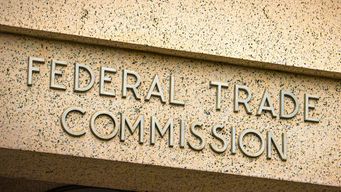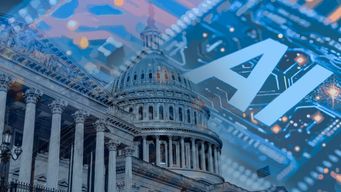In our previous article, Code of Conduct for Online Livestreaming Marketing Issued in China (http://blog.galalaw.com/post/102gbsn/code-of-conduct-for-online-livestreaming-marketing-issued-in-china), we summarized the key points of the Code of Conduct for Online Livestreaming Marketing in China (the “Code”) issued by the China Advertising Association (CAA) on June 24, 2020 and shared our expectation that the Code would be a first step towards increased regulation of livestreaming marketing in China.
One month after the issuance of the Code, on July 29, 2020, the State Administration for Market Regulation of China (SAMR) published the draft Guidelines on Strengthening Supervision of Online Live Streaming Marketing Activities (the “Guidelines”). Whereas the Code focused on industry self-regulation, the Guidelines seem to represent the beginning of direct regulatory supervision and management of this area.
The draft Guidelines clarify the legal liability for three types of entities involved in the online livestreaming marketing arena: merchants, livestreamers, and livestreaming platforms. Among these, online livestreaming platforms are already subject to the E-commerce Law, while merchants promoting products through online livestreaming are subject to many laws, including the E-commerce Law, Anti-Unfair Competition Law, Product Quality Law, Food Safety Law, Law of the Protection of Consumer Rights and Interests, Advertising Law, Pricing Law.
With respect to online livestreamers, however, there has long been considerable uncertainty over how to legally define their role in online livestreaming marketing events and, specifically, whether they should be recognized as the endorser (or another role) under the Advertising Law (see: http://blog.galalaw.com/post/102g897/china-live-streaming-promotions-and-beyond-legal-issues-that-marketers-need-to-k). The Guidelines make clear that if the livestreamer provides online livestreaming services during the online livestreaming marketing for the merchant, and if the livestreaming contents constitute an advertisement, then such online livestreamer may be liable under the Advertising Law as either the advertisement publisher, advertisement operator or the endorser. Although the Guidelines do not provide detailed rules over how to distinguish which of these roles the livestreamer falls into, the Guidelines nonetheless provide fair warning that online livestreamers must pay more attention to their livestreaming content (including their on-air statements) and be mindful of the quality of the products they promote.
In sync with current advertising laws and regulations, the Guidelines also prohibit online livestreaming from sale or promotion of tobacco products, special full-nutritional food and any other products prohibited from online trading. Also forbidden is livestreaming for the following products that require the advertising authority’s preapproval: medical treatment, drugs, medical devices, pesticides, veterinary drugs, dietary supplements and formula food for special medical use,
The Guidelines also clarify that, in order to eliminate deceitful practices and to rectify past failures to effectively pursue the liability of platforms, emphasis should be put on the investigation and punishment of fake transactions and unauthorized deletion or fabrication of user comments. Moreover, online livestreaming of false advertisements and advertisements that harm the social good are also called out to be punished for violation of the Advertising Law.
The Guidelines are still in the public comment phase until August 28, 2020 and we will continue follow its evolution through to promulgation. Meanwhile, we believe that the next year will see the still disorganized online livestreaming marketing industry in China enter a new stage of stricter supervision and punishment.





